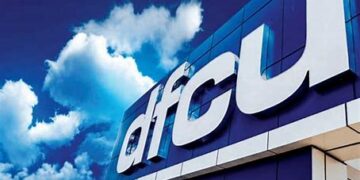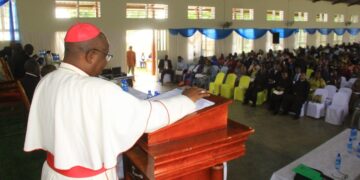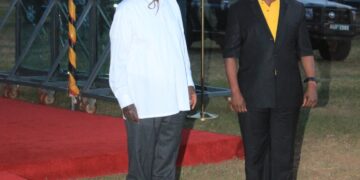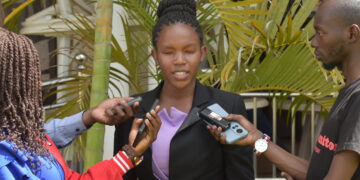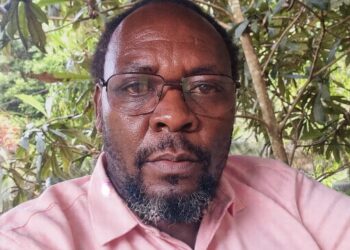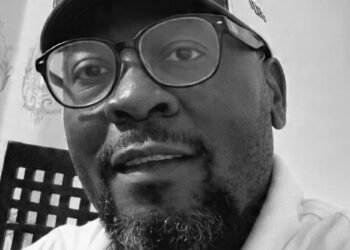In today’s digital age, Facebook stands as one of the largest platforms for communication, connection, and information sharing. Statistics show that globally, there are 3.07 billion monthly active Facebook users around the world.
With billions of users worldwide, it offers an unparalleled opportunity to bridge cultural divides and foster understanding. Yet, alongside its many benefits, Facebook has also become a breeding ground for hate speech, a toxic phenomenon that threatens the very fabric of our global community. This threat seems to be growing by the day.
According to the United Nations(UN) hate speech is “ any kind of communication, verbal, written or behavioural, that is hostile or uses derogatory or discriminatory language against any person or group of people on the basis of who they are, or, in other words, on the basis of their religion, ethnic origin, nationality, race, skin color, social origin, gender and other identity factors.”
In a UNDP manual titled “From Hate Speech to Non-Violent Communication” hate speech influence is described as having risen in today’s world. UNDP noted that this was in part due to the usage of “new information technologies”. According to the UNDP “The rhetoric of enmity and hatred spread in social media and instant messengers undermines the social cohesion of citizens, breeds distrust and intolerance, sows panic, provokes people to illegal actions, creating the ground for conflict tension.”
Hate speech is therefore more than just offensive words; it is a weapon that can incite violence, deepen social divisions, and perpetuate discrimination. On Facebook, where content can go viral in seconds and reach millions, the impact of such speech is magnified exponentially. Groups targeted by hate speech often face harassment and marginalisation, which can escalate into real-world consequences, including physical violence and social exclusion.
It’s fair to say that just like mainstream media, Facebook simply mirrors society reflecting the biases and tensions already present. But this does not absolve the platform of responsibility. In fact, Facebook has the resources and technological prowess to be a leader in combating hate speech. Unfortunately, it often falls short, caught between protecting freedom of expression and curbing harmful content. However, there is a lot more that can be done especially in the era where whatever that is shared on digital platforms spreads like wildfires.
Whilst t is worth stating that the company’s content moderation policies have improved, but they are still plagued by inconsistencies and slow responses. Automated systems sometimes fail to catch nuanced hate speech, while human moderators can be overwhelmed or biased. Worse, the sheer volume of content means that many hateful posts slip through unnoticed, spreading toxicity before action can be taken.
Moreover, hate speech on Facebook disproportionately targets vulnerable communities — ethnic minorities, LGBTQ+ individuals, immigrants, and religious groups — exacerbating societal inequalities. When these voices are drowned out by hatred and abuse, it undermines the democratic ideal of equal participation and respect. Hate speech also manifests itself in political intolerance when party activists go at each other’s throats spewing bile undeterred. Addressing hate speech requires a multi-pronged approach. Facebook must invest more heavily in effective moderation tools, combining AI with culturally sensitive human review. Transparency is key: users should know why content is removed or allowed to stay. Community guidelines must be clear, strict, and consistently enforced.
Furthermore, we must note that this responsibility does not rest on Facebook alone. Governments, civil society, and users themselves have crucial roles to play. Legal frameworks should hold platforms accountable without stifling free speech. Users need to be educated about the consequences of hate speech and encouraged to report it when they see it. Civil society organizations can support victims and advocate for better protections.
Ultimately, the fight against hate speech on Facebook is a fight for a more inclusive, respectful, and peaceful society. If we allow hate to fester unchecked, the consequences will ripple far beyond the digital world poisoning minds, fracturing communities, and undermining our shared humanity.
It’s time to hold Facebook accountable and demand stronger action. We must not stay silent while hate spreads in our online spaces. Because when hate wins on Facebook, we all lose.
Kabo Ramasia a Media Institute of Southern Africa (MISA)-Botswana National Governing Council Board member. He writes in his personal capacity.

